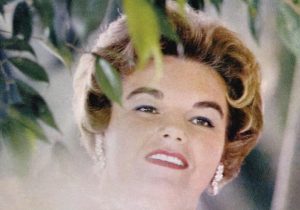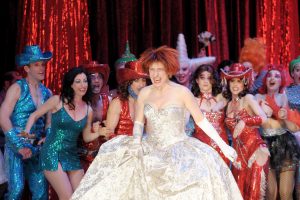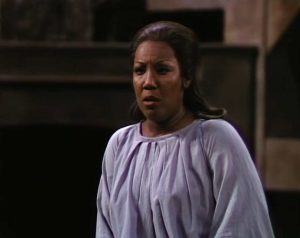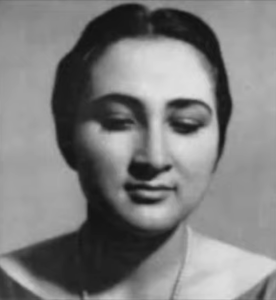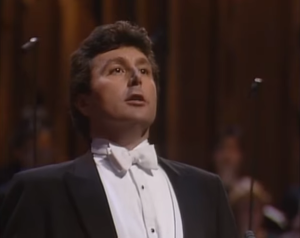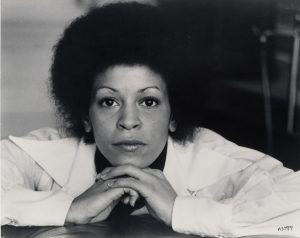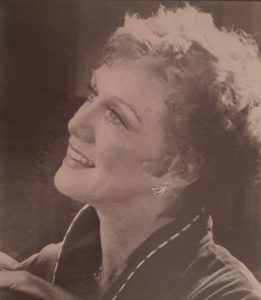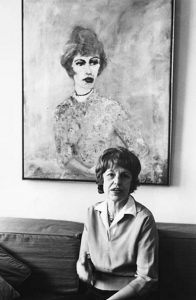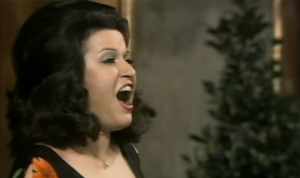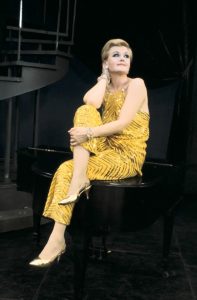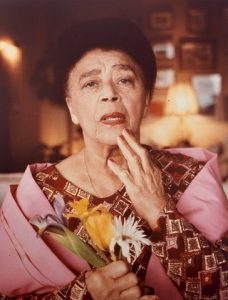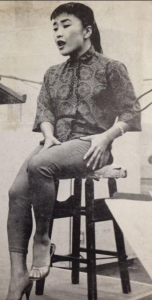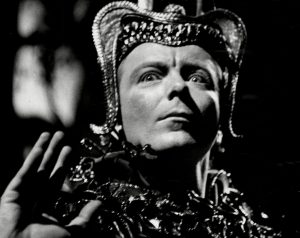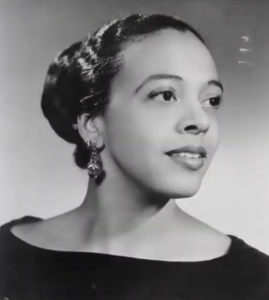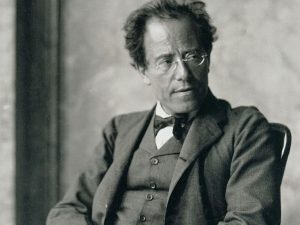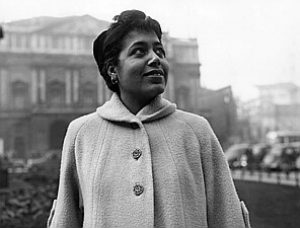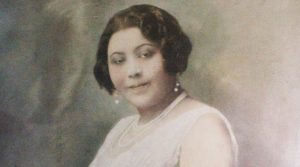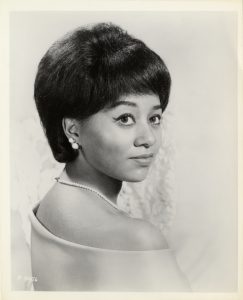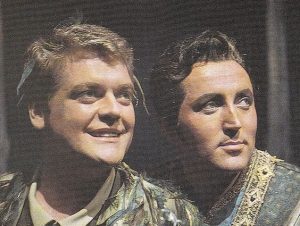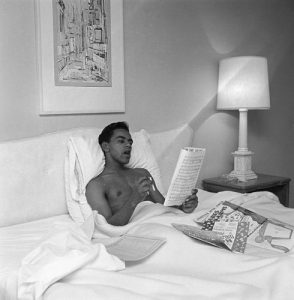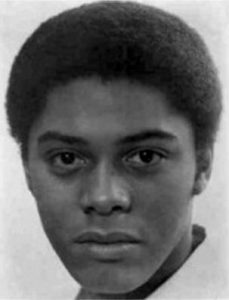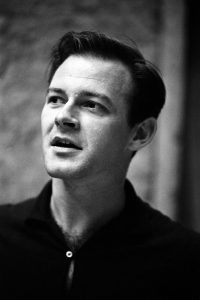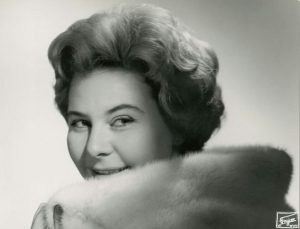Podcast: Play in new window | Download (Duration: 1:33:36 — 105.3MB) | Embed
Subscribe: Spotify | TuneIn | RSS | More
My dear friend and colleague soprano Sarah Pillow introduces one of her favorite Countermelody programs, which I repost as the first of this month’s Listeners’ Favorites episodes. Since Sarah is herself an enormously eclectic singer, it’s entirely fitting that she should choose to foreground Eileen Farrell. The American dramatic soprano Eileen Farrell (1920–2002) was one of the finest and most versatile singers the United States has ever produced. Her singing career lasted more than fifty years, and this episode covers the entire chronological range of that career, from her early work as a radio singer in the 1940s to her final pop albums in the 1990s. While the episode focuses on her crossover work (and includes work by, among others, Harold Arlen, Jule Styne, Alec Wilder, George Gershwin, Rodgers and Hart, as heard on two of her lesser-known pop albums with Percy Faith and the late André Previn), we also sample her opera and concert work, with examples from Verdi and Wagner to Debussy and Charpentier, to Barber and Menotti. A late reunion with her favorite conductor Leonard Bernstein caps the episode. In all her singing Farrell combines ease of delivery and a relaxed, insouciant response to the words and music with a vocal and interpretive precision that inevitably strikes a bullseye. Bow down to the Queen of Crossover, nay, the Queen of Song!
Countermelody is a podcast devoted to the glory and the power of the human voice raised in song. Singer and vocal aficionado Daniel Gundlach explores great singers of the past and present focusing in particular on those who are less well-remembered today than they should be. Daniel’s lifetime in music as a professional countertenor, pianist, vocal coach, voice teacher, and journalist yields an exciting array of anecdotes, impressions, and “inside stories.” At Countermelody’s core is the celebration of great singers of all stripes, their instruments, and the connection they make to the words they sing. By clicking on the following link (https://linktr.ee/CountermelodyPodcast) you can find the dedicated Countermelody website which contains additional content including artist photos and episode setlists. The link will also take you to Countermelody’s Patreon page, where you can pledge your monthly support at whatever level you can afford.
